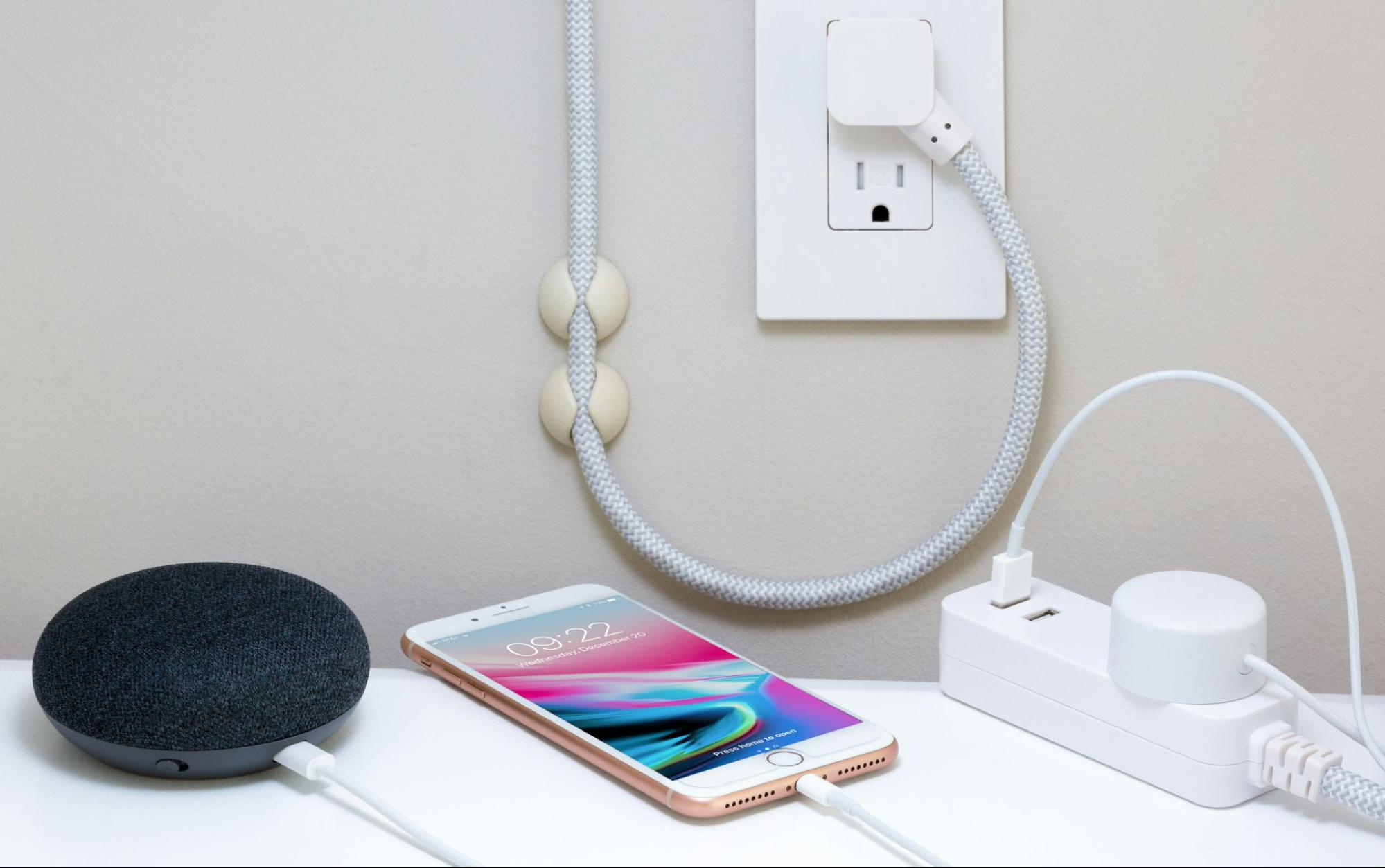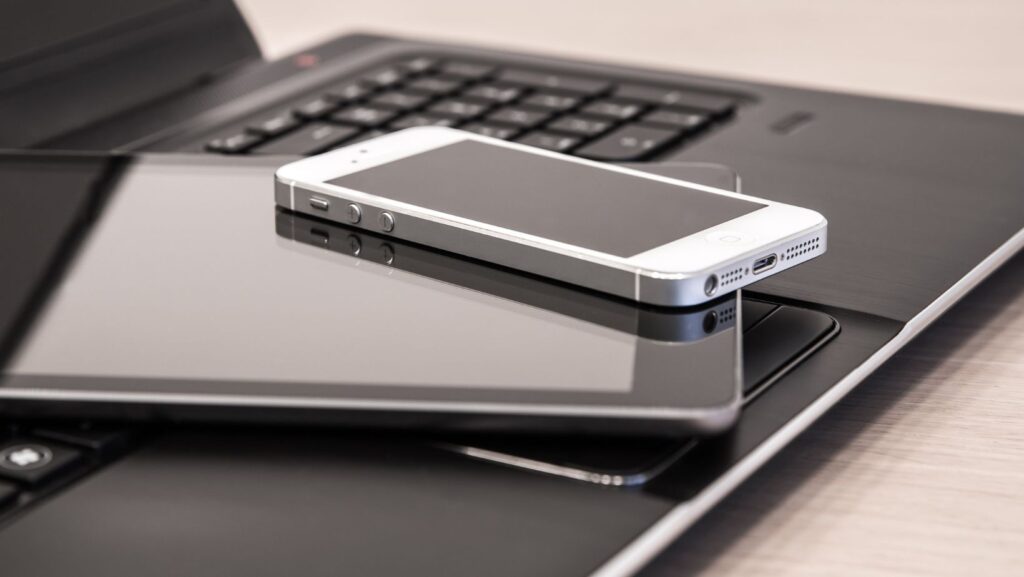In a world where electronic devices are integral to daily life, protecting these gadgets has become increasingly important. Whether it’s your smartphone, laptop, or sensitive business equipment, safeguarding your devices ensures their longevity, functionality, and security. With increasing exposure to physical damage and environmental factors, taking proactive steps to protect your electronics is crucial. By sharing knowledge and experiences, we can foster a culture of building connections that empowers everyone to safeguard their devices. Here are essential tips to protect your electronic devices from damage, theft, and malfunction.
Use Proper Electronic Enclosures for Safety
One of the most effective ways to protect electronic devices and susceptible equipment is by using high-quality enclosures. These enclosures protect against environmental hazards such as dust, moisture, and extreme temperatures. Whether safeguarding electronics for personal use or industrial applications, the proper enclosure ensures your devices remain operational in various conditions. Reputable manufacturers, including Bud Industries, offer a wide range of electronic enclosures designed to meet specific needs. These enclosures are built to provide durable protection, ensuring that your devices are shielded from harsh elements and accidental damage. From simple cases for personal gadgets to robust enclosures for industrial equipment, using the proper protective casing is critical in keeping your electronics safe.
Keep Devices Clean and Dust-Free
Dust is one of the most common culprits of electronic damage. Over time, dirt particles can accumulate inside devices, causing them to overheat or malfunction. To avoid this, regularly clean your electronic devices, paying particular attention to vents, keyboards, and ports.

Use a microfiber cloth to wipe down screens, and use compressed air to clean out hard-to-reach areas. Dust buildup on devices with fans, such as computers or gaming consoles, can lead to overheating, so cleaning these components is essential for maintaining performance.
Install Surge Protectors for Electrical Safety
Power surges can occur unexpectedly and cause severe damage to electronic devices, especially during thunderstorms or electrical malfunctions. Always use surge protectors when plugging electronics into outlets to protect your devices from sudden voltage spikes. Surge protectors act as a buffer, preventing excess electricity from reaching your devices. This is particularly important for high-value items such as computers, televisions, and home entertainment systems. Invest in surge protectors with high joule ratings for better protection against strong surges.
Avoid Overcharging Batteries
Overcharging is a common issue that can reduce the lifespan of electronic devices with rechargeable batteries. While modern devices come with built-in safety features to prevent overcharging, it’s still a good idea to unplug your devices once fully charged. Leaving devices plugged in for extended periods can cause the battery to overheat, leading to wear and tear. For laptops and smartphones, consider using settings that optimize battery health, such as low power modes or battery conservation settings, to extend the battery’s life.
Keep Devices in a Safe Location
Physical security is often overlooked when protecting electronic devices and personal gadgets like smartphones or tablets, so storing them securely when not in use is essential to avoid theft or accidental damage. For business or industrial equipment, ensure that your devices are stored in locked rooms or enclosures, providing additional protection from tampering or environmental factors. Invest in padded cases or bags designed to protect electronics from impact when traveling with devices. A mobile device and laptop screen protector can also help prevent cracks and scratches, especially during transit.
Exposure to high heat can overheat internal components, while moisture can cause short circuits or corrosion. Always store your devices in a dry, temperature-controlled environment. If you must use your device in a wet or humid environment, consider using protective covers or waterproof cases. Avoid leaving electronics in cars during hot or cold weather, as temperature fluctuations can impact battery life and overall functionality.
Backup Important Data Regularly
No matter how well you protect your electronic devices, there’s always a risk of data loss due to hardware failure, theft, or cyberattacks. To safeguard your critical information, make it a habit to back up important data regularly.

By regularly backing up your files, you ensure that you can recover valuable information in case of a system crash or device loss. Cloud-based backup solutions offer the added benefit of accessing your data from anywhere, providing an extra layer of security for your files.
Manufacturers also frequently release software and firmware updates that improve device performance, patch security vulnerabilities, and enhance features. Always install updates as they become available to keep your devices running smoothly and securely. This ensures your electronics operate with the latest protections against known threats and bugs. Enable automatic updates whenever possible to avoid missing crucial patches.
Following these seven essential tips ensures that your electronic devices remain protected from physical damage, environmental factors, and cybersecurity threats. From using reliable enclosures to safeguarding against power surges, each step you take contributes to the longevity and efficiency of your devices. Proper care and maintenance not only extend the life of your electronics but also help protect the valuable data and functionality they provide.


